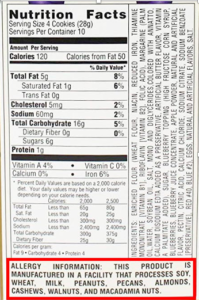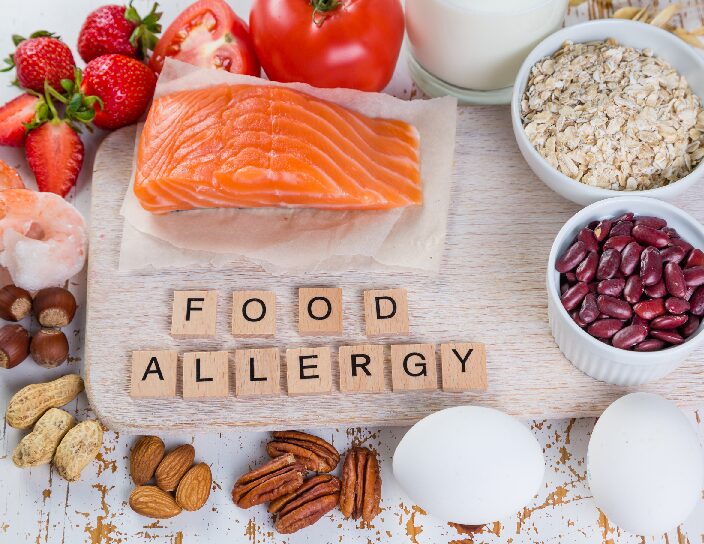What is Food Allergy Awareness Week?
May 8th through May 15th, 2022 is Food Allergy Awareness Week! Over 32 million Americans have a serious food allergy, which can impact up to 85 million Americans when you account for all the people who shop for, cook for, and live with those with severe food allergies.
How is a Food Allergy Diagnosed?
Food allergies are diagnosed by either a skin-prick test or a safe and controlled oral food challenge.
What is the Difference Between a Food Allergy and a Food Intolerance?
Did you know that along with food allergies there are also food intolerances? A food allergy involves an immune response to the proteins in a specific food, meaning that the body reacts negatively to the food. This immune response is why a food allergy can be life-threatening. Symptoms may include the development of hives, rashes, itching, nausea, or vomiting and can progress to anaphylaxis. With a food allergy, even small amounts of the food can cause a serious or life-threatening reaction.
Food intolerances involve an adverse reaction but do not involve an immune response. Food intolerances often affect the breakdown or digestion of food. A common example of food intolerance is lactose intolerance, where the body lacks the proper enzyme to break down lactose in milk.
If your Child or Someone in your Life has a Food Allergy, How can you Adjust your Kitchen and Lifestyle to Better Meet Their Needs?

When grocery shopping, the top 8 food allergens must be clearly listed on the food label. The top 8 food allergens are milk, eggs, fish, shellfish, tree nuts, peanuts, wheat, and soy. If one of these foods is included in a packaged food, they are usually listed below the nutrition facts label. See the image to the right. Next, check the ingredients.
Does Your Child Have a Food Allergy?
Contact Feed to Succeed to speak to a Registered Dietitian for more information on food allergies and intolerances.
https://feedtosucceed.com/make-an-appointment/
Li, James. What’s the difference between a food intolerance and a food allergy? Mayo Clinic. https://www.mayoclinic.org/diseases-conditions/food-allergy/expert-answers/food-allergy/faq-20058538


